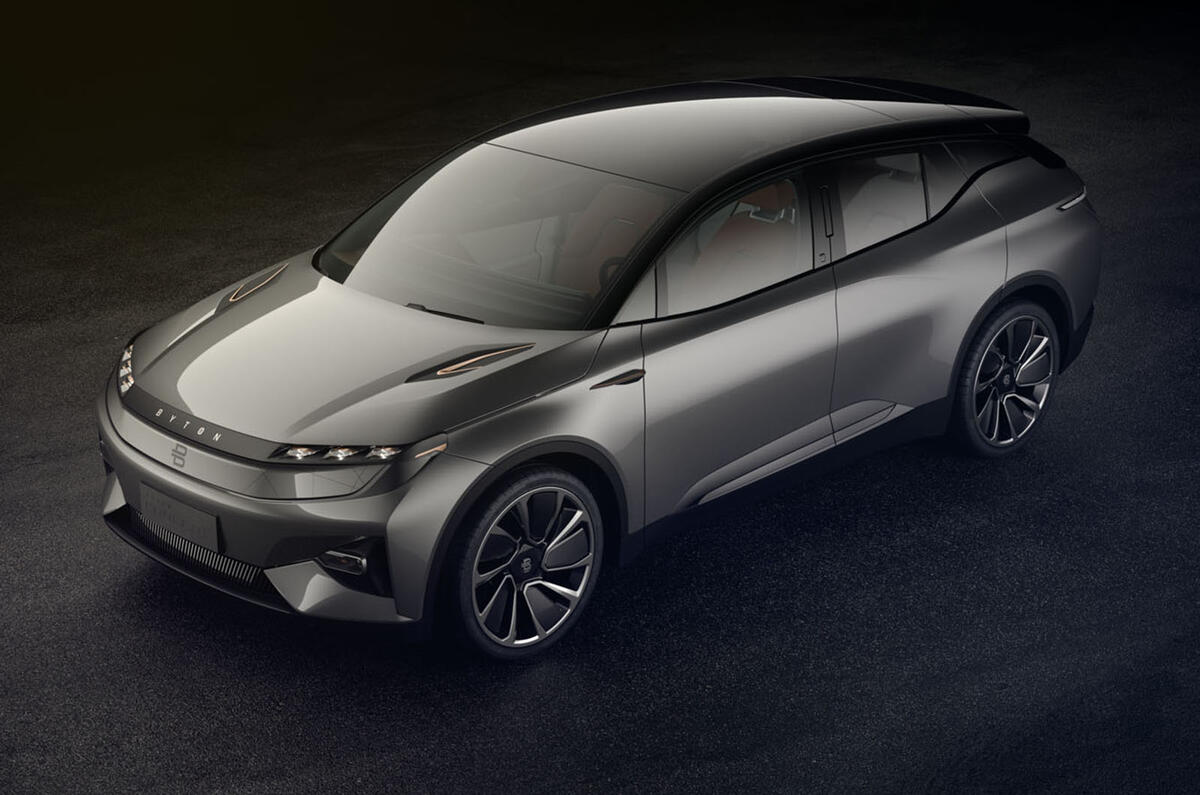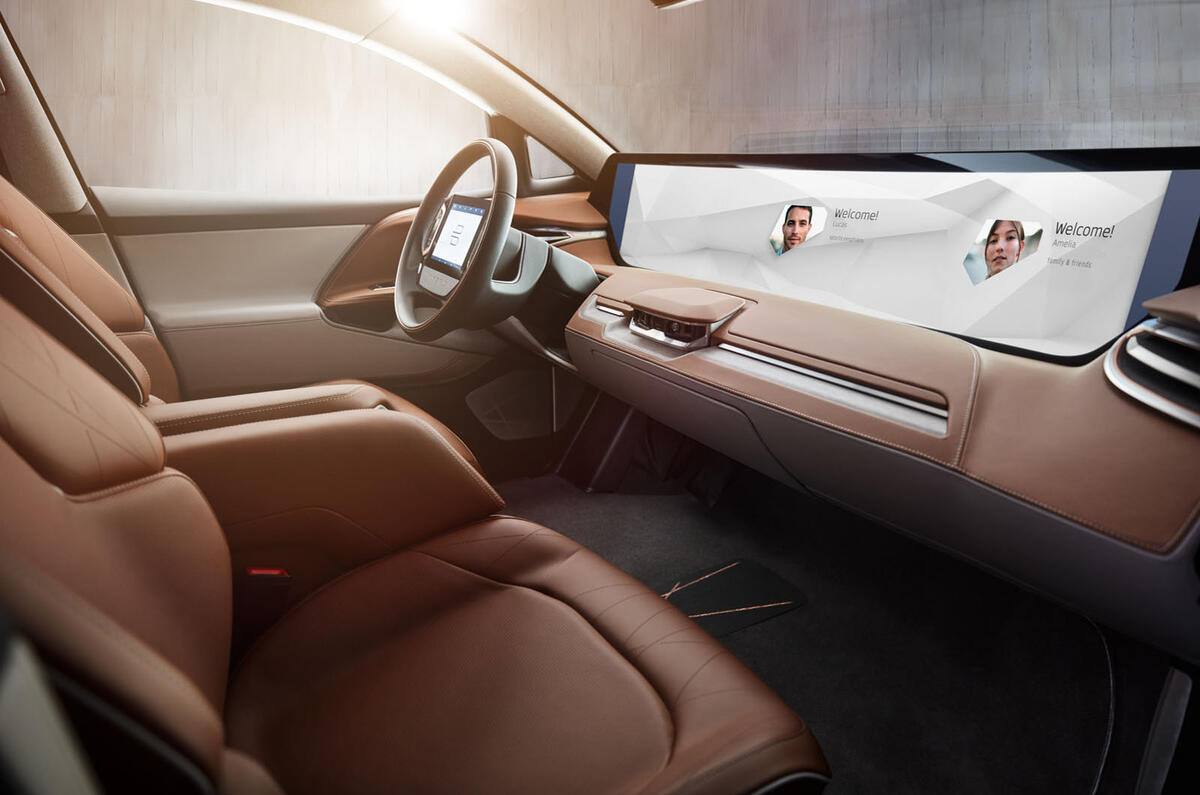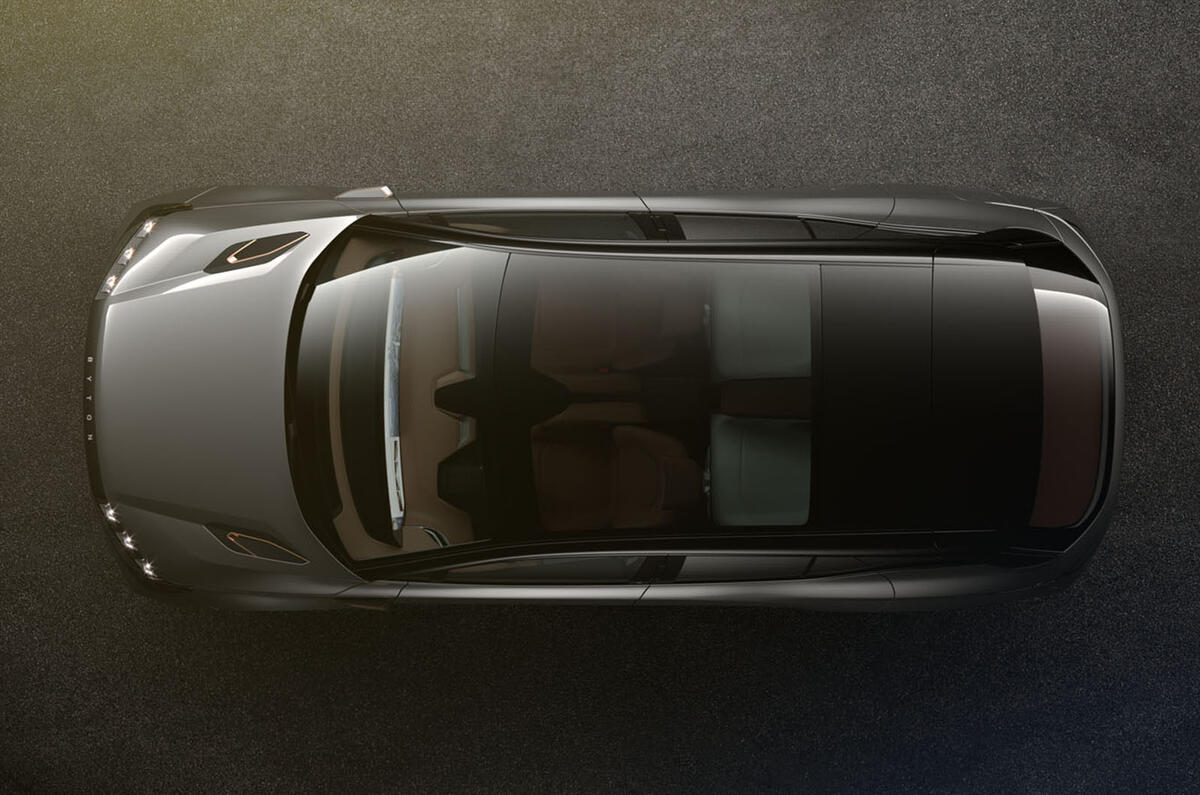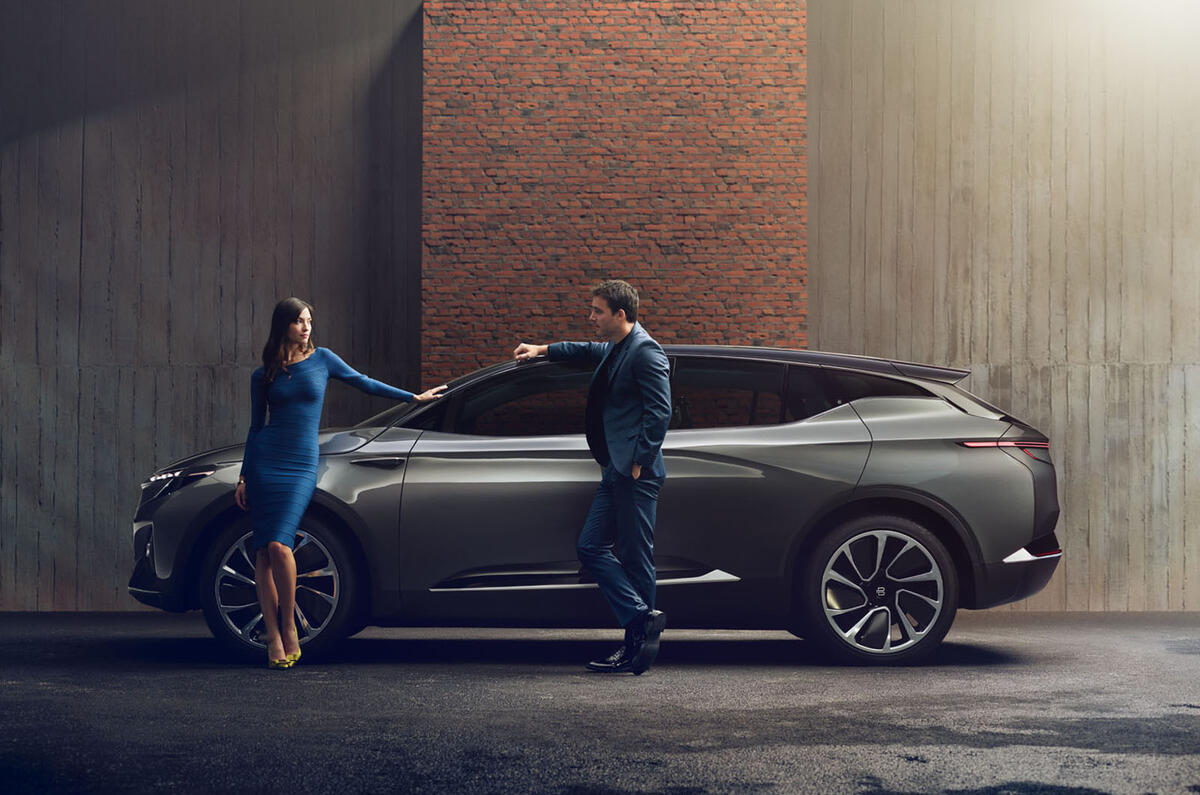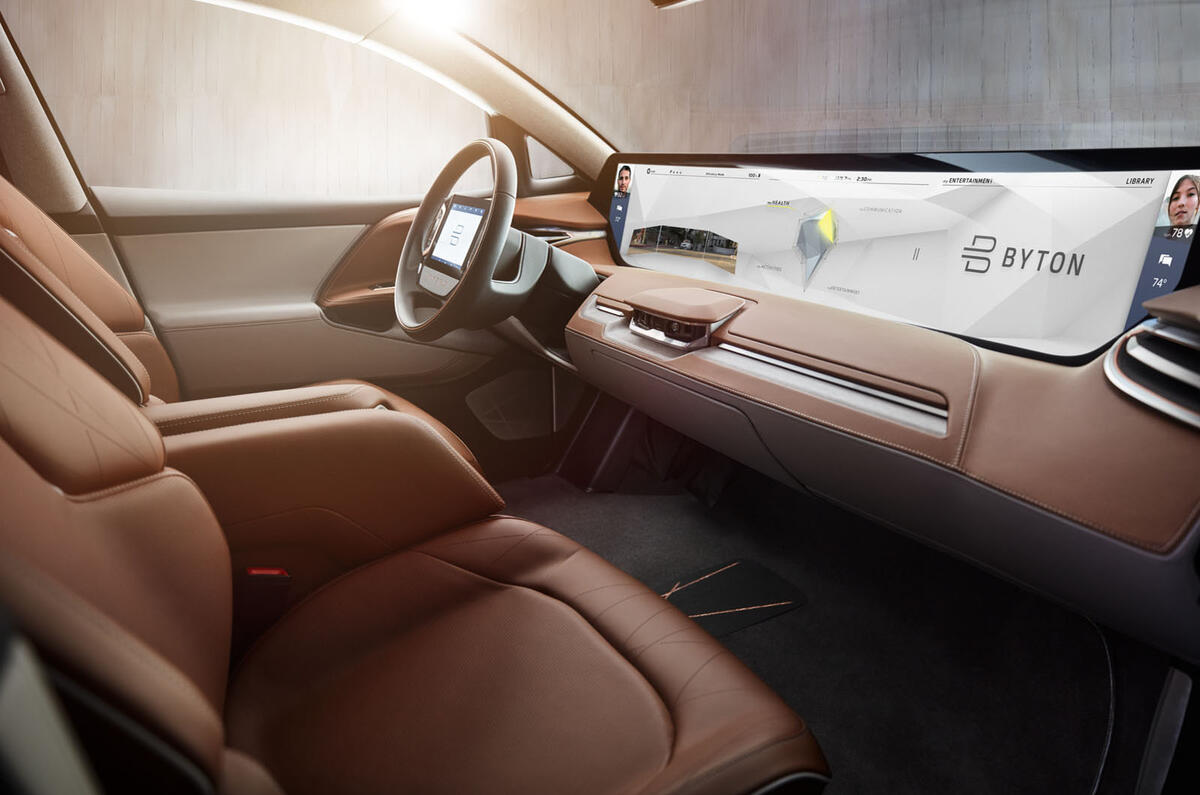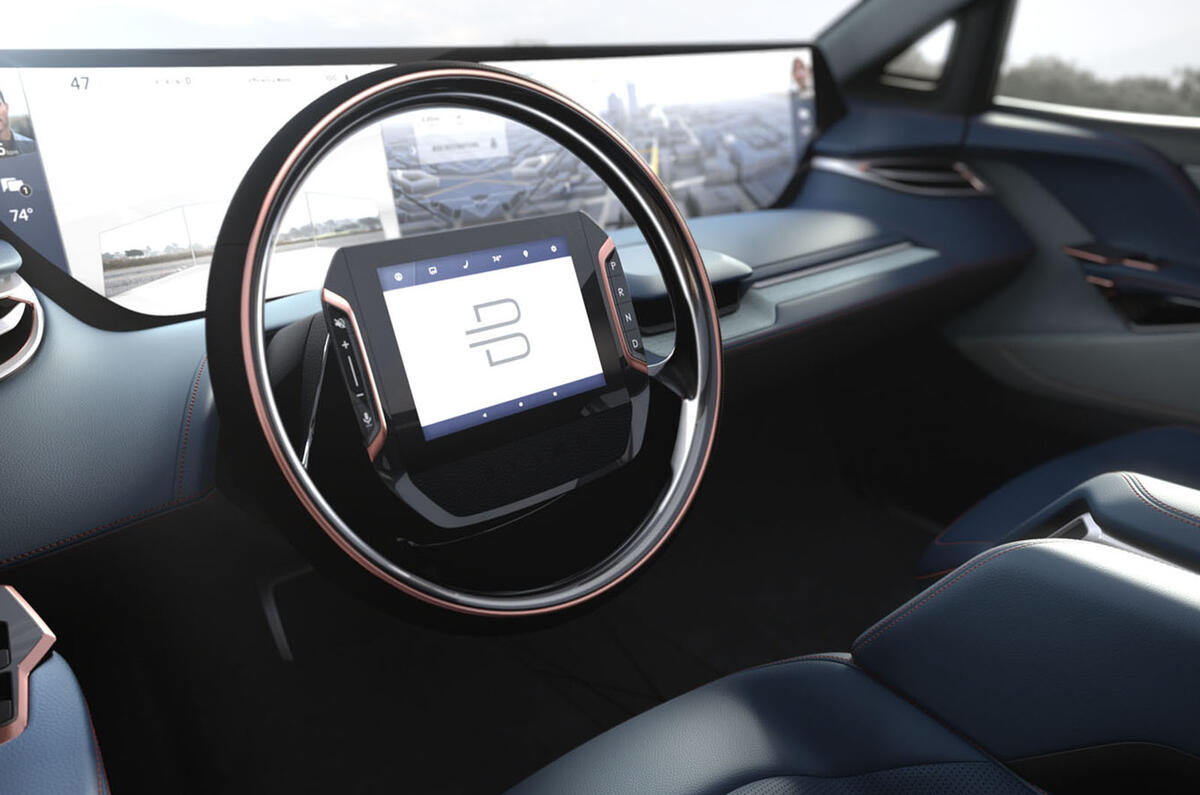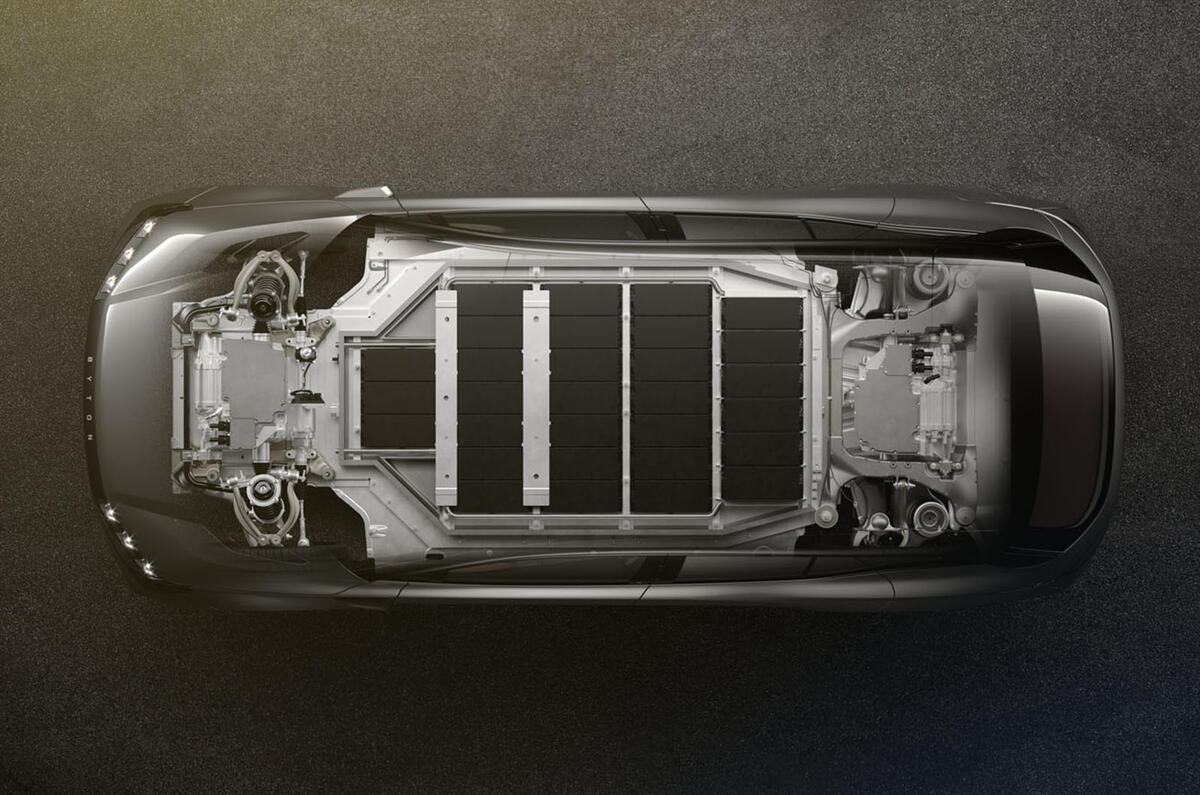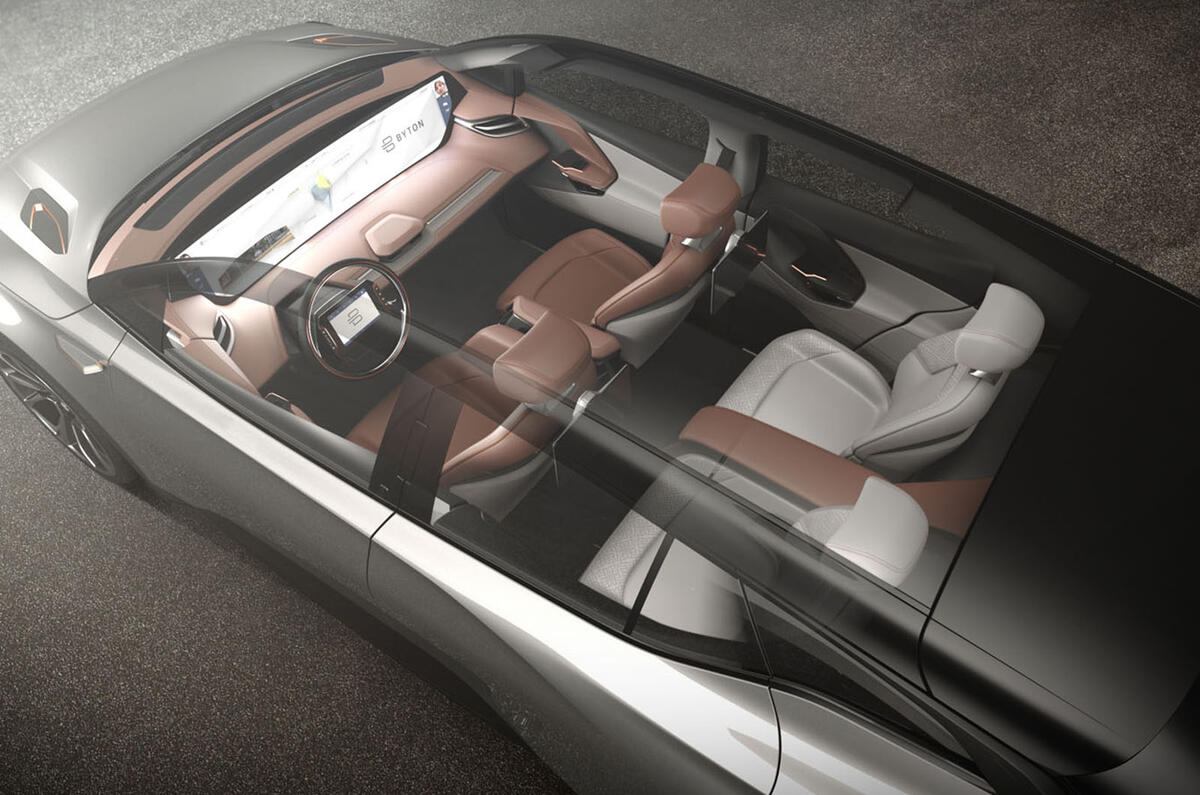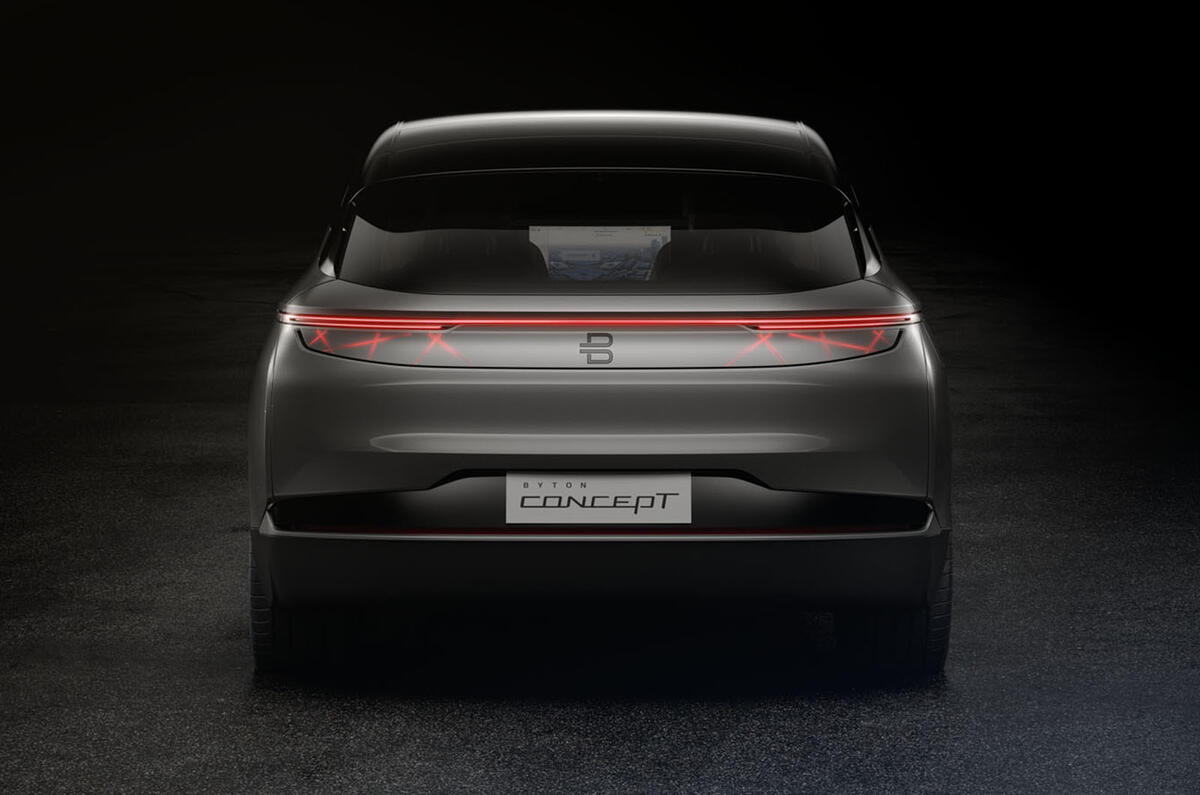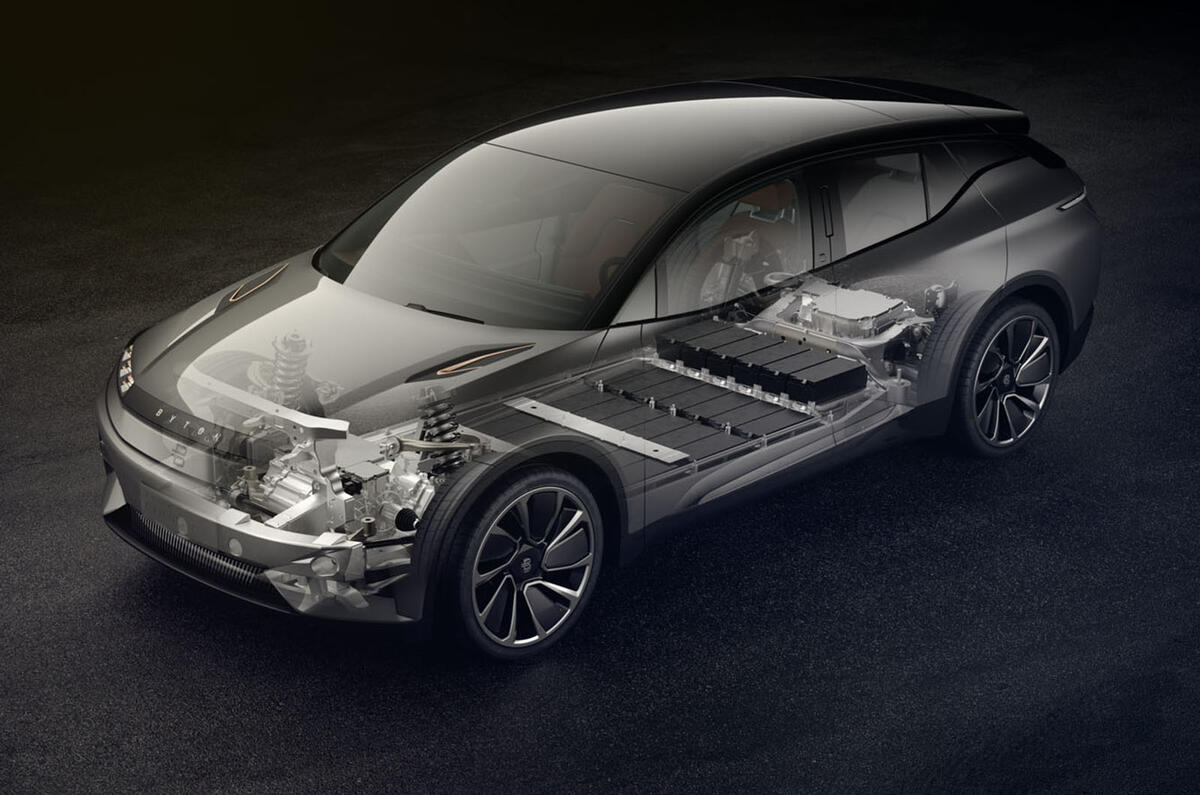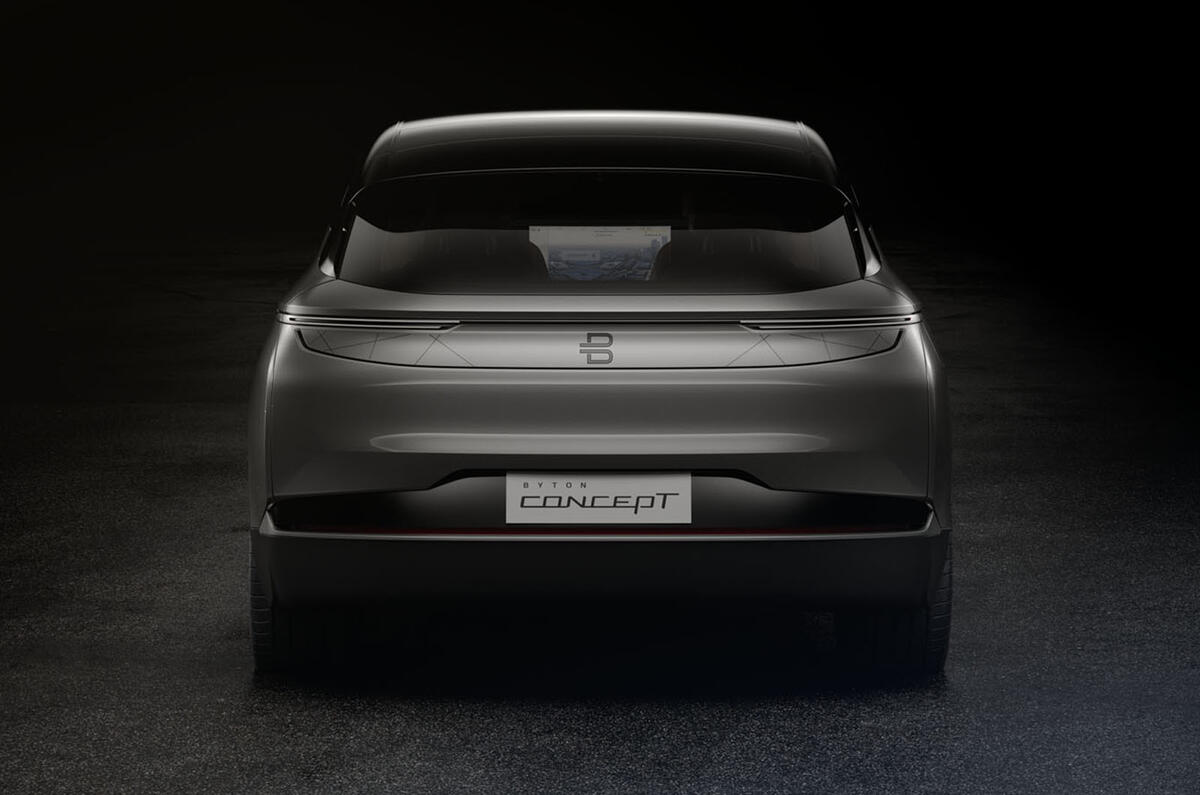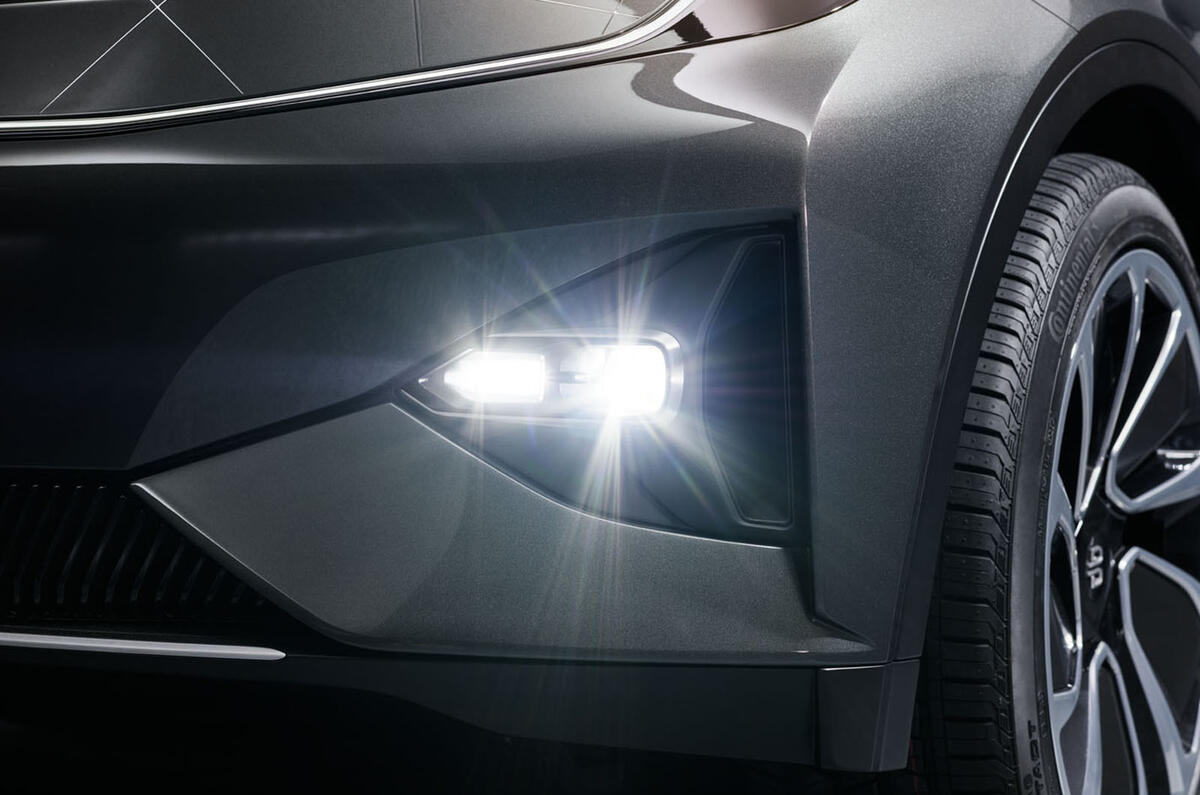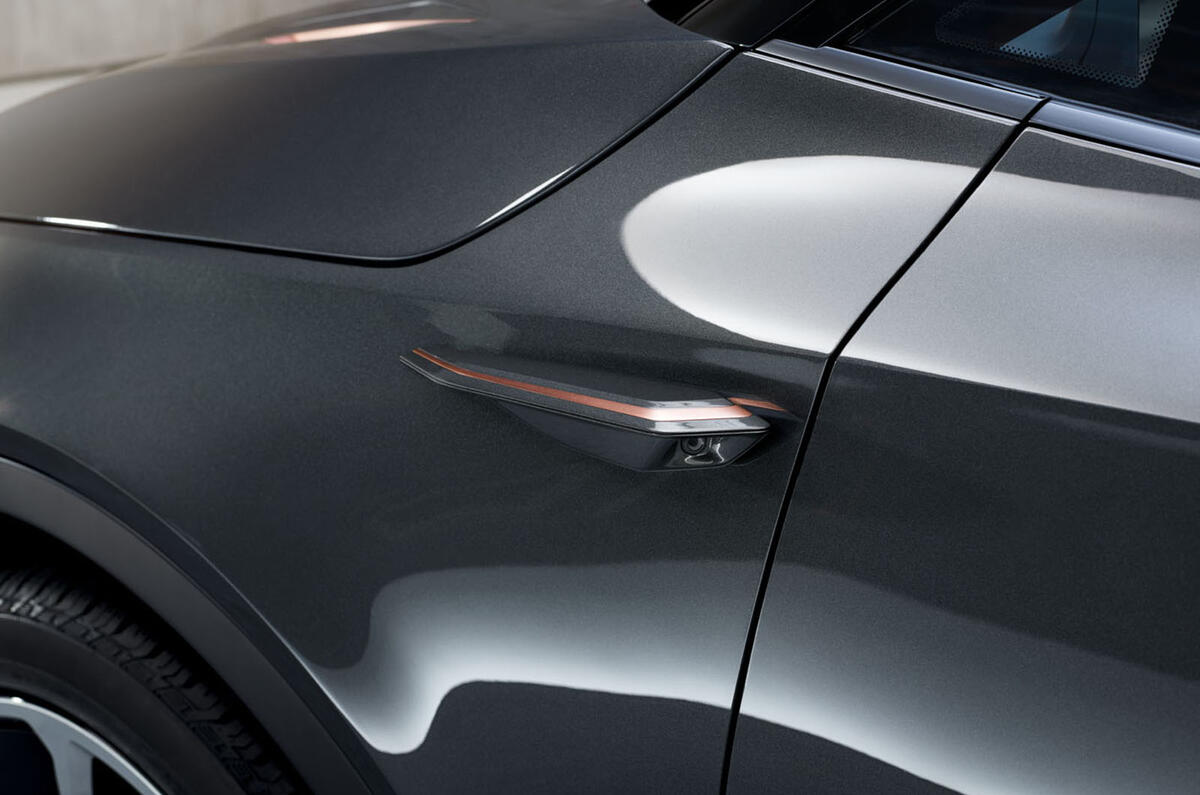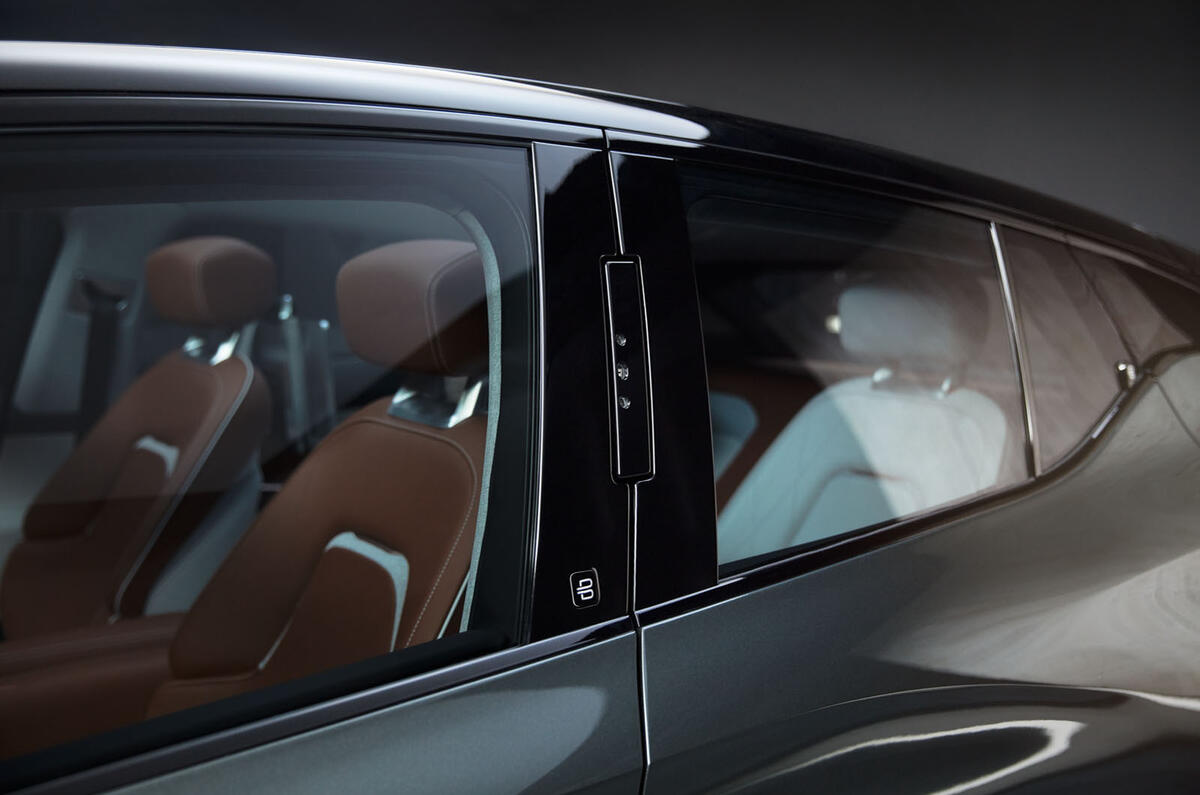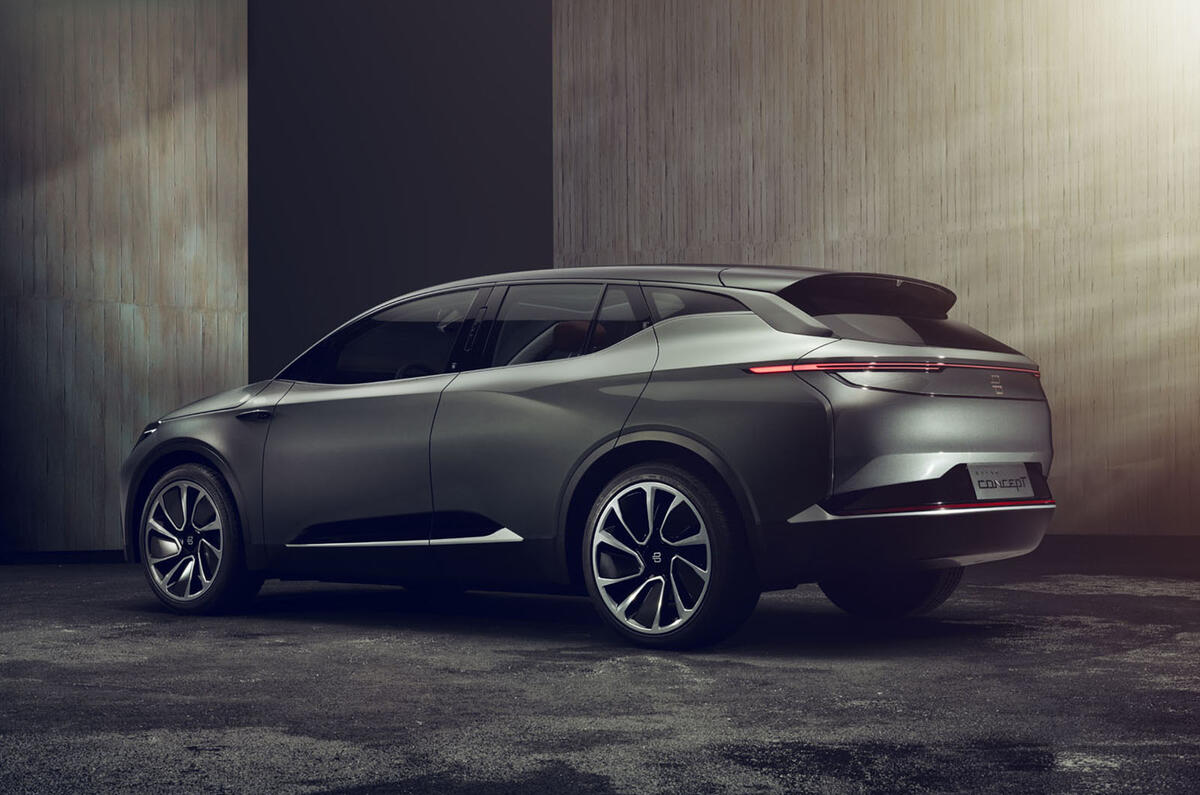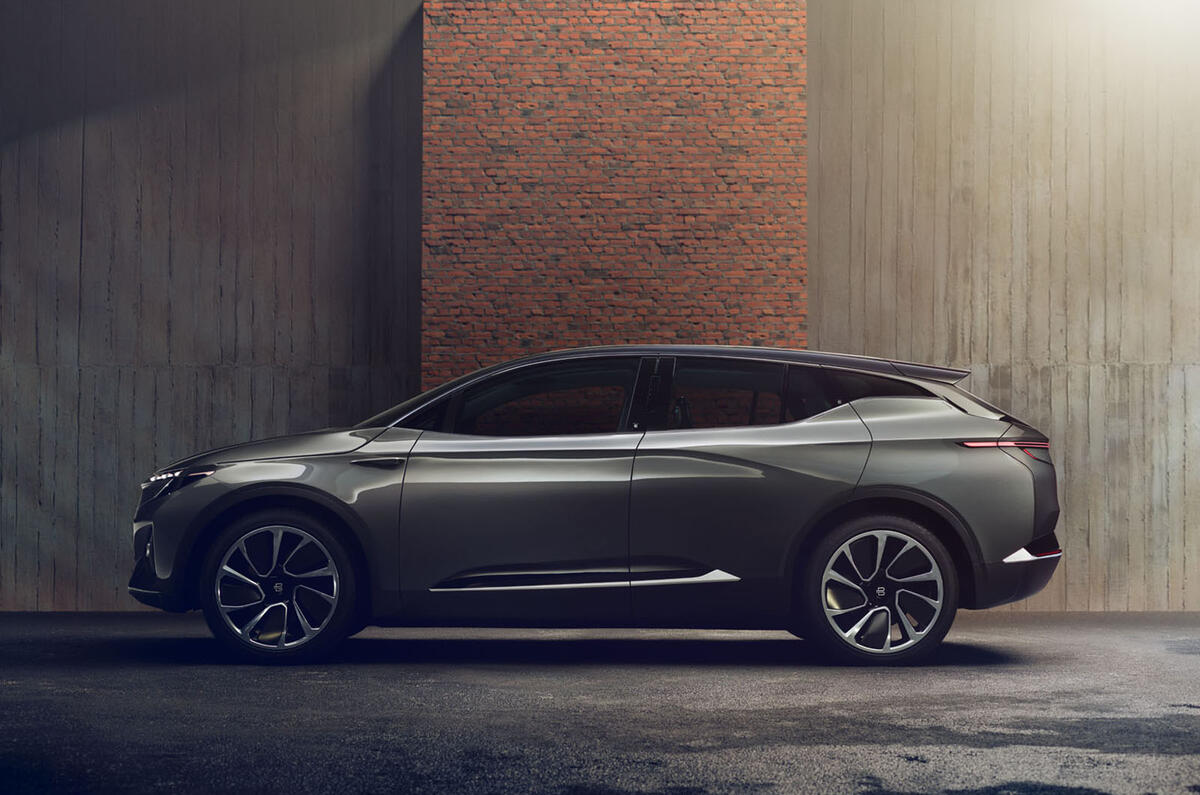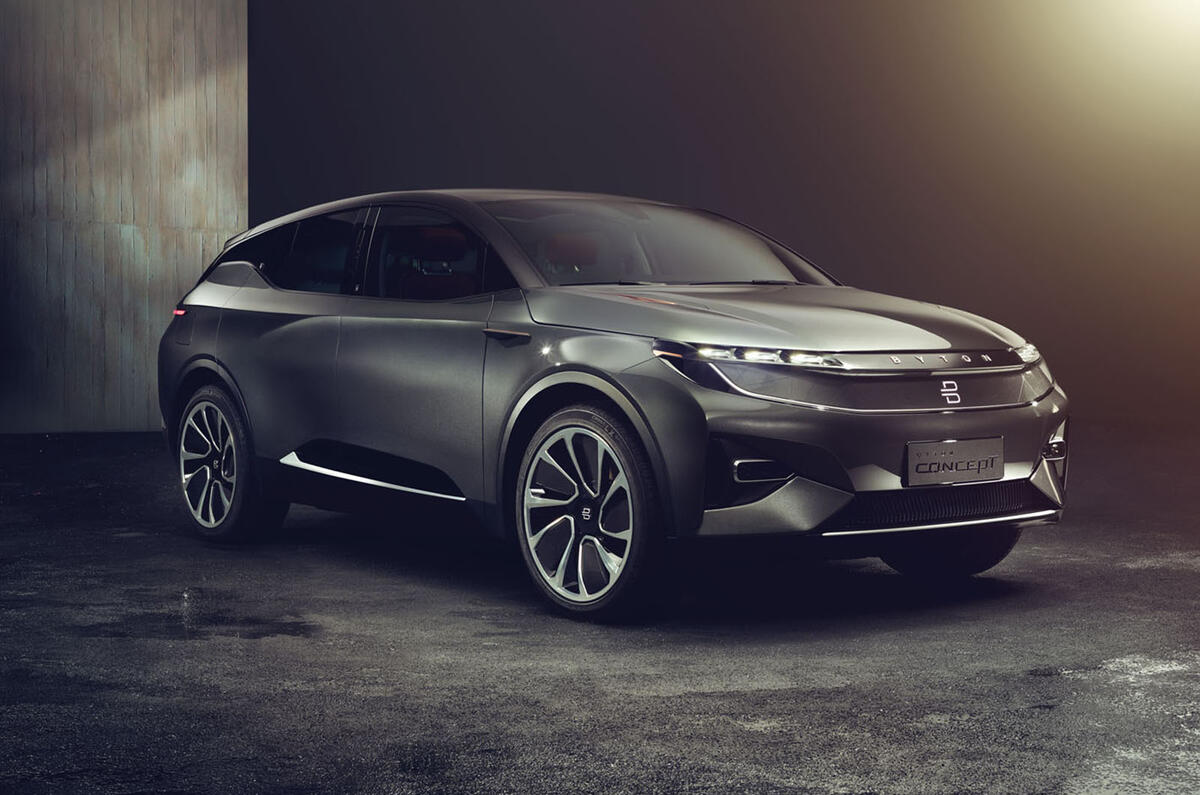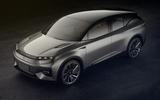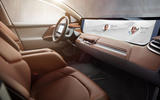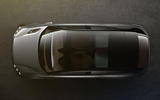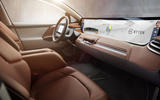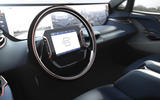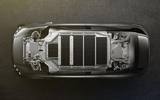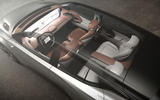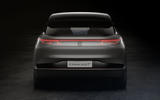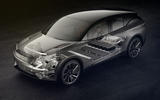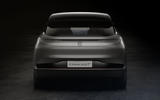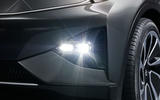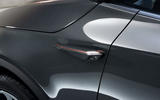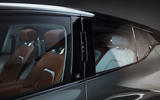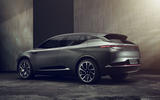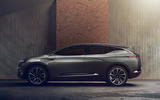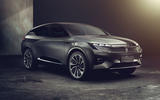Chinese-owned start-up Byton will show a production-ready concept version of its upcoming electric SUV at the Milan Design Week, which will begin on 17 April.
The all-electric model, which was previewed by the Byton Concept (pictured) at this year's Consumer Electronics Show, is due on roads next year with a range of up to 323 miles. It's expected to cost around £32,000.
Byton's efforts to promote the car were helped with the brand grabbed attention with the employment of former Alpine and Renault Sport chief engineer David Twohig. Twohig oversaw the development and engineering of the Alpine A110 sports car but joined California-based Byton as its vice president last month. He will remain focused on engineering and so be a leading voice in the chassis set-up of the brand's first car, reporting to Byton boss Carsten Breitfeld, who joined from BMW's i programme.

Byton's SUV will come with driverless car technology provided by industry expert Aurora. Aurora is headed by Google's former autonomous driving boss, Chris Urmson, and several pioneers of the autonomous car industry. Its technology enables Level 4 autonomy, meaning it will be able to drive itself without any human input.
Why Volkswagen, Hyundai and Byton are teaming up with a self-driving start-up firm
Byton said its SUV will feature driver assistance systems based around Aurora's suite of hardware, including cameras, ultrasonic sensors, radar and laser scanners. It has been designed so that components can be upgraded as technology develops. The vehicle architecture is designed for 5G mobile data connection, with speeds of up to 10GB per second.
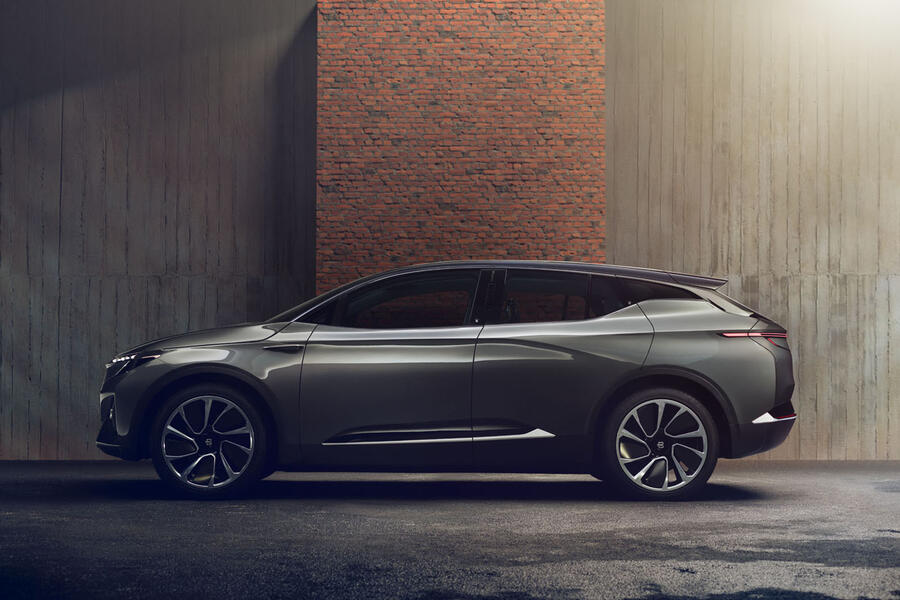
CES 2018: concepts cars and automotive news from the Consumer Electronics Show
The Byton will be available in two powertrain configurations, with either a single 268bhp electric motor driving the rear axle that produces 295lb ft of torque, or a four-wheel-drive version with motors driving each axle. The two motors in the four-wheel-drive version combine for 469bhp and 524lb ft of torque.
Power will be stored in modular lithium ion batteries that form part of the vehicle chassis. While Byton hasn’t revealed the capacity of the batteries, it says the car will have a range of 248 miles, increasing to 323 miles with an upgraded battery pack.
Insight: why demand from China is spurring growth of electric car sales
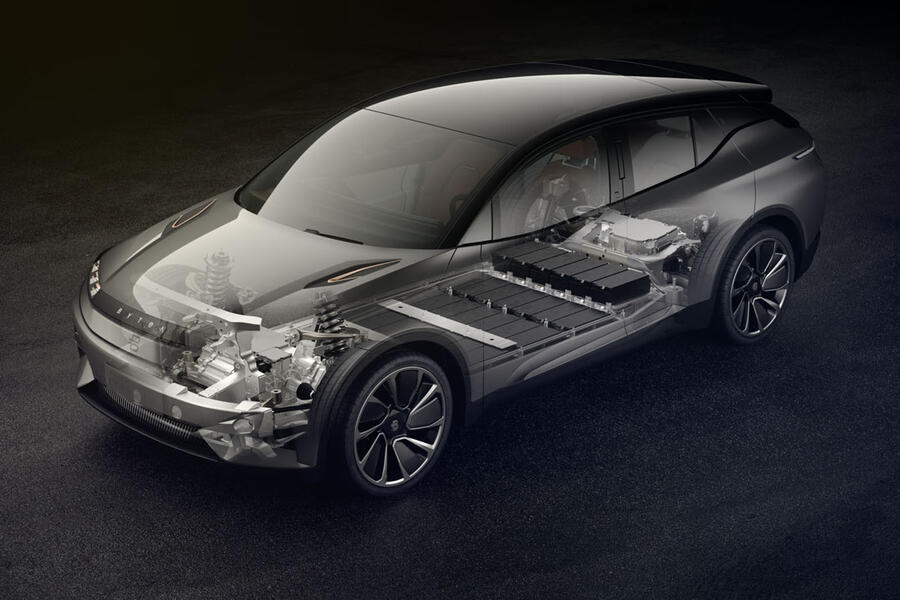
The Concept is 4850mm long, 1940mm wide and 1650mm high, and runs on 22in wheels. At the front of the car, slim LED headlights top what Byton refers to as a ‘smart surface’.
In place of door handles, the Concept features facial recognition cameras that check biometric data and will only unlock the door to authorised users.
The interior is dominated by a 1250mm by 250mm ‘Shared Experience Display’ that fills the dashboard. It is comprised of three panels, which can be customised. It is also used to show images from three rear-facing cameras: two take the place of the wing mirrors, with a third mounted in the car’s rear. The brightness and background colour of the display adjust automatically to suit lighting conditions.

The Shard Experience Display features gesture and voice control and can be operated by a smartphone app. There are two displays for passengers in the rear, with the same control methods.
The main driver information, including navigation systems, is displayed in a touch-controlled 8in Driver Tablet integrated into the steering wheel. The edges of the display feature buttons for the drive selectors, indicators and infotainment volume.

Each seat features a facial recognition camera that will identify the user and allow personalised settings to be transferred to any seat. The front seats can swivel by 12 degrees.
Byton president Daniel Kirchert said that a saloon and an MPV, both based on the same platform, will follow soon after the SUV hits roads in 2019.
Read more
CES 2018: concepts cars and automotive news from the Consumer Electronics Show
Insight: why demand from China is spurring growth of electric car sales
Changan is coming: another Chinese firm aiming for European success
